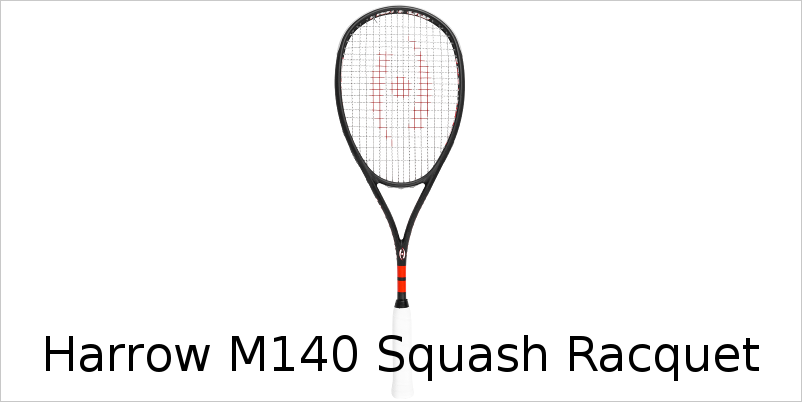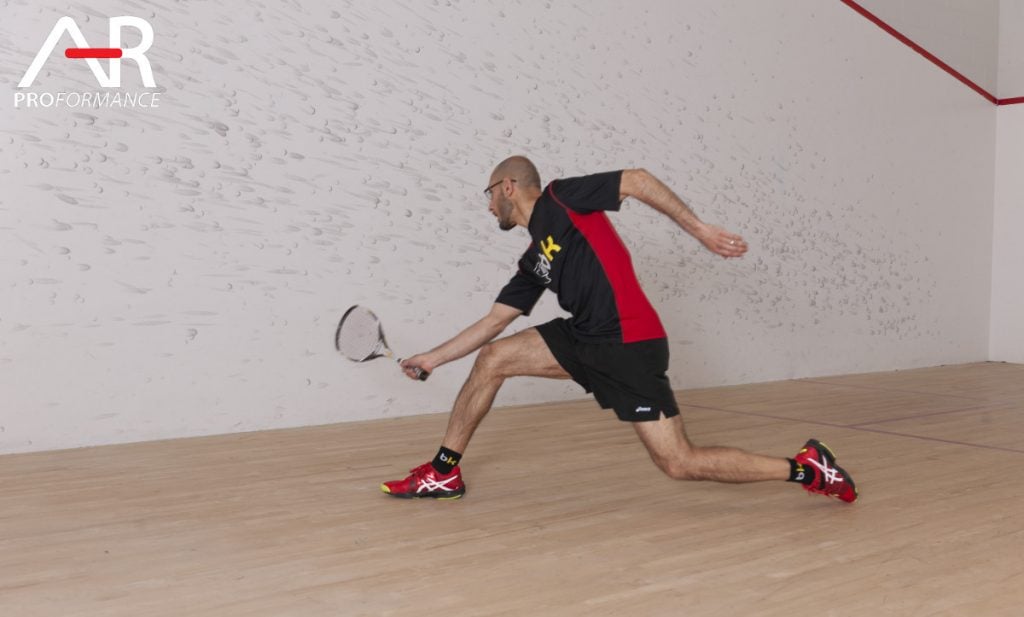The inspiration for this post was a twitter post from Roger Federer that was a simple statement with an attached picture.
Back to basics #nostalgic #MeVsWall pic.twitter.com/O3k2K0Th3A
— Roger Federer (@rogerfederer) April 10, 2014
This simple statement and image coming from the most successful tennis player of all time really makes a powerful statement. In fact you can read many things in to it. Practicing the simple fundamentals of the game would be the first thing that comes to mind. For a tennis player hitting countless tennis balls against a wall is one of the simplest ways to practice the basics of the game. When I see a racquet leaning against a wall painted like a tennis net I get an image in my mind of a boy hitting the ball against the wall because he loves playing the game. When I think of Roger Federer doing this I think of dedication and willingness to the basic things that are necessary to remain great. All three of these are really important in squash as well of course.
The fundamentals in squash are very important. It starts with the serve or the service return. The serve is not as huge of an advantage in squash as it is in tennis, but it is still critical. While you will probably not ace your opponent you do need to make sure to make their service return as hard as possible. For the most part that means making sure to get your service return on the side wall before they can play it, and to get it to die in the back court if they let it drop. Your opponent is going to try and volley most likely and getting the ball on the wall before they can play it makes it much hard to do so. If they let it bounce getting it to die as close to the back wall may force them to play a weak boast out of the back corner.
The service return in squash is equally important. Your opponent should have no problem getting to the ‘T’ after having served. When returning serve you need to focus on getting them off of the ‘T’. For the most part that means you need to get the ball past them to a good length that finishes in the back court. You can do that with a hard straight drive or with a softer high drive that is too high to volley comfortably. Getting the ball to the back of the court will allow you to get to the ‘T’ and gain some control of the point.
Another fundamental of the game of squash is paying attention to your length and width when driving the ball. Too often players will simply hit the ball to the back of the court with very little thought or concern. When playing a drive probably the most important thing you need to make sure you do is get the ball past your opponent. To do this you need to really focus on the width of your drives. When hitting a straight length ideally the ball needs to stay tight to the wall so that your opponent will let it pass.
When hitting a cross court shot you need to focus on your width as well. In particular you need to pay attention to how high your opponent is on the ‘T’, as that will determine how far back on the side wall the ball should hit. The higher your opponents ‘T’ position, meaning the closer they are to the front wall, the wider your shot will need to be. That means it will need to hit the side wall closer to the front wall than if your opponents is deep in the back of the court. As your opponent should be looking to volley the ball, how far it is away from them when it passes them, is imperative to preventing them from volleying. Assuming you got your drive past your opponent you need to focus on making sure it does not come out of the back of the court. Ideally every shot would die in the back of the court but that is unrealistic. Focusing on making sure that ball is going down towards the floor after hitting the back wall is a more realistic objective. If the ball hits the back wall on the rise and is still rising after it will come too far back to the centre of the court putting your opponent in an attacking position. If it hits the back wall on the descent it will force your opponent deep in to the back court and put them in a defensive position.
Remembering to enjoy the game is also really important. The image I have of the boy hitting endless tennis balls against the wall because he loves tennis so much, is like the image I have of the young junior squash player that will get anything back. They love the game, they think they can get anything back and will run after everything to do so. Why do they run after everything? Simply because it is fun! Enjoying the game and having fun playing it will help keep you relaxed which will help you perform your best. Regardless of performance, playing a sport should be fun. If you find you are not enjoying it, step back for a second and try to get back to basics and remember how fun squash was when you first started playing. I know when I first started playing even though I was nowhere near being a junior, I loved the game and thought I could get anything back and more often than not did.
The old saying that practice makes perfect actually takes some dedication and commitment. Everyone loves to play a match but practicing is equally or more important. If you can learn to love to practice you will likely see immense improvement in your game. Working on the fundamentals in drills really helps you to master them. Set targets to hit on your drive to ensure your ball is tight to the side wall and does not come off the back wall very far. Hit the same shot up and down the wall until you hit 100 drives that land in the correct area. This will really help to get your length down so that is automatic. A simple and standard drill like a basic boast and drive drill will help improve your game if done right. The key is the commitment to doing it right. Both players need to remember to move back to the ‘T’, or as close as they can get to it. This helps ingrain the movement patterns to and from the ball that you will need during a match.
Getting back to basics can really help your squash game. Focus on your serve, return of serve and length shots. They need to be focused on, as when hit well they will put your opponent under pressure. Remember that squash, and any sport for that matter, is supposed to be fun to play. Remember to have fun playing and your performance will improve along with your enjoyment of the game. If you want your game to improve learn to love practicing. Practice is where your skills will improve the most. If getting back to basics is good enough for the most successful tennis player ever it can surely benefit the rest of us.



